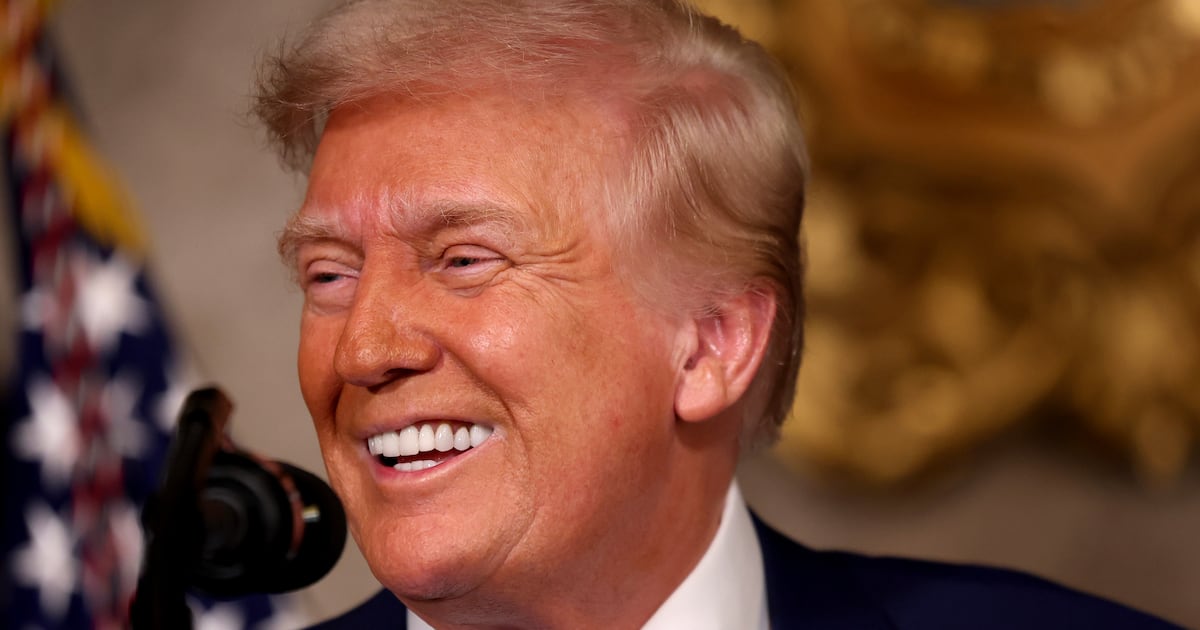President Obama staked out key diplomatic positions in Israel’s favor during his pre-Passover visit. If handled properly, they could help form the basis for progress toward Arab-Israeli peace. Unfortunately, Secretary of State John Kerry’s high-profile follow-up shuttle diplomacy is wasting Obama’s work.

Most analysis of Obama’s trip focused on his own “charm offensive” performance and the resulting boost to his lagging approval ratings in both Israel and the pro-Israel community in America. But those analyses miss the bigger picture: from Israel’s perspective, success should be measured less by a fleeting blip in Obama’s poll numbers, and more by the key substantive statements and projection of American-Israeli unity Israel was able to elicit from the President. In that regard, Israel should be thrilled with the results.
But to see how Kerry is undermining all of Obama’s good work, we need only briefly review the positions Obama staked out while in Israel.
The President spent time in closed-door meetings with Prime Minister Netanyahu discussing Syria and Iran. They emerged with a significant endorsement of “Israel’s right and duty to defend itself, by itself, against any threat.”
Israel coaxed from Obama public statements of the Jewish historical connection to the Land of Israel, and of an American-Israeli “eternal alliance.” That’s quite a departure from his landmark 2009 Cairo speech, where he cited nothing prior to the Holocaust as justifying Israel’s existence.
In his peace process comments to the Palestinian Authority, Israel prevailed upon Obama to support its key position: just negotiate, without any pre-conditions such as freezing settlement construction or any commitment to pre-1967 boundaries.
Importantly, Obama told the Palestinians that a two-state solution requires a Jewish state alongside their Palestinian state. That implicitly rejects Palestinian claims of a “right of return” and the ability to overrun Israel with descendants of those Arabs who fled from nascent war-torn Israel in 1948.
Israel brilliantly highlighted its own precarious existence as well as its uniquely close relationship with America: it had Buchenwald survivor Rabbi Yisrael Meir Lau guide Obama through the powerful Yad Vashem Holocaust museum, and it gave Obama a gift layered with symbolism—a nano-chip of just 4/100ths of a square millimeter, engraved through Israeli technology with replicas of the Declarations of Independence of both the U.S. and Israel, set in a 2,000-year-old Jerusalem stone tool dating from the Second Temple Jewish commonwealth.
True, such diplomatic showcases are as much about visuals and domestic politics as about substantive policy. Furthermore, pronouncements by Barack Obama have a notoriously short shelf life. But we mustn’t underestimate the potential importance of this visit. Showing America connecting with Israel on a host of issues, closing the “daylight” between the two countries, having the American president re-legitimizing Zionism’s most fundamental claims and re-confirming the Jewish connection to the land at a time when those claims are under worldwide assault are valuable in their own right. Israel made the most of its opportunity.
That set the stage for John Kerry. Obama’s public recognition of Israel’s legitimacy, permanence, and security needs sent a strong signal to Israel’s foes that American-backed diplomatic progress will come only with an acceptance of Zionism—that is, a Jewish state in the Land of Israel. That is the key to any agreement to which Israel will consent. Thus, it is Kerry’s job to stand strong echoing Obama’s message, and to dispel any hope that Obama will force an agreement on Israel absent that recognition.
That is a formidable diplomatic task—perhaps still impossible—requiring effort, shrewdness, advance work and finesse far beyond just shuttling between capitals and showing up for high-visibility meetings. Yet Kerry jumped right in, seemingly more interested in the photo opportunities of his job than the diplomatic opportunities.
Combine that with Kerry’s history of underestimating the malicious intentions of America’s enemies and enemies of our allies—whether Viet Cong, Sandinista or his “dear friend” Bashar Assad—and, predictably, he is off to a rough start.
Reports from Ramallah are that Kerry is pushing…the 2002 Saudi Peace Plan. How creative. It is a non-starter for Israel, requiring withdrawal to existentially dangerous boundaries, withdrawal from Jerusalem, abandoning the Golan Heights to Kerry’s dear friend and creating a “right of return,” all in exchange for normalization with Arab states whose governments may be overthrown within six months. There is no mention of recognizing Israel as a Jewish state. Even discussing these terms undermines everything outlined by Obama.
In Turkey, as the increasingly-belligerent government gloated and rubbed Israel’s face in its apology for errors in the Gaza flotilla operation, Kerry praised the Turks for their “sensitivity” and for “preventing any sense of triumphalism.” Whatever Kerry lacks in clumsiness, he makes up for in spinelessness.
Kerry is putting the prestige of his office on the line, and getting nowhere. In fact, we are moving backwards: Kerry has now left Ankara and Ramallah empty-handed—save for additional demands to be relayed to Israel. This demonstration of impotence by the Secretary of State does not serve America or its allies well.






